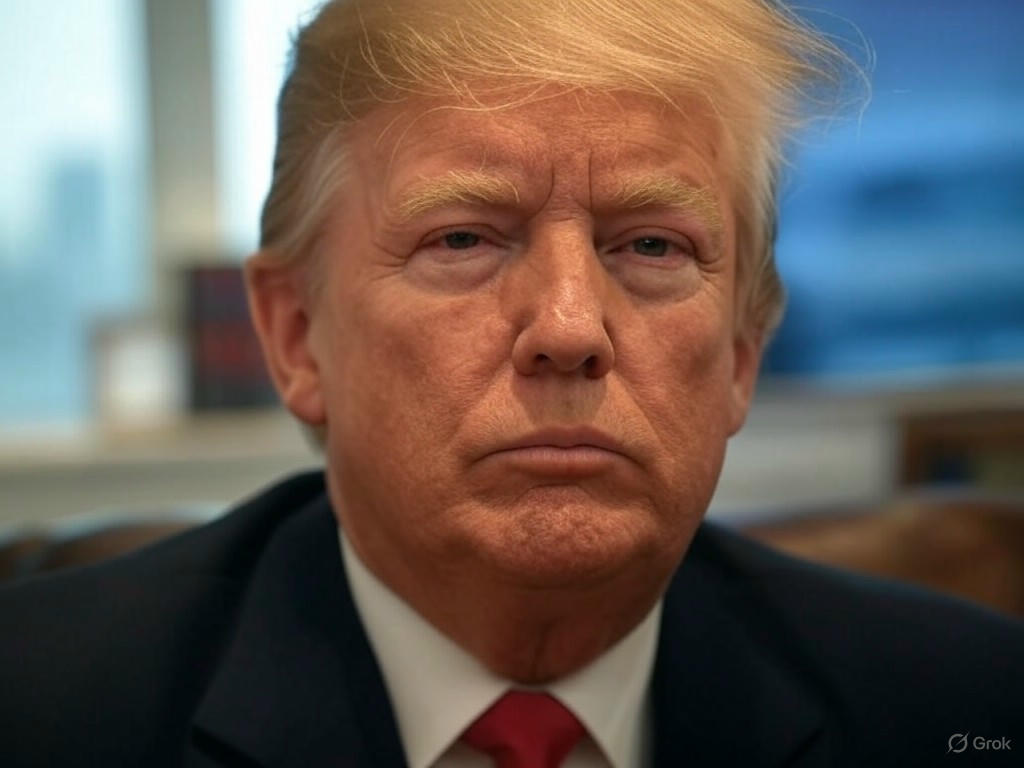Digital Dominance: Could the U.S. Under Trump Sever Europe’s Internet Lifeline?
The return of Donald Trump to the political spotlight has reignited concerns over the United States’ unparalleled control over the global internet infrastructure. As the digital backbone of the modern world, the internet is heavily reliant on systems and organizations based in the U.S., raising alarms in Europe about potential vulnerabilities. Reports suggest that, under certain circumstances, the U.S. could theoretically disrupt or even sever Europe’s access to critical online networks, leaving the continent in a precarious position with limited recourse.
The internet, often perceived as a borderless entity, is far from neutral in its governance. Key components, such as the Domain Name System (DNS) and major root servers, are predominantly managed by U.S.-based entities like ICANN (Internet Corporation for Assigned Names and Numbers). This centralization of power means that decisions made in Washington could have far-reaching consequences for digital connectivity worldwide. During Trump’s previous tenure, his administration’s unpredictable policy shifts and emphasis on national security over global cooperation raised eyebrows among international partners. Now, with his renewed influence, European leaders fear that a unilateral move—whether motivated by political leverage or cybersecurity concerns—could disrupt the flow of data that underpins their economies and societies.
Europe’s dependence on U.S.-controlled digital infrastructure is a glaring weak spot. From financial transactions to communication networks, the continent relies on seamless internet access to function. If the U.S. were to impose restrictions or manipulate access as a geopolitical tool, the fallout could be catastrophic. Imagine e-commerce platforms grinding to a halt, critical government services going offline, or multinational corporations losing their ability to operate across borders overnight. While such a scenario may seem far-fetched, the mere possibility has spurred urgent discussions in Brussels about digital sovereignty. Efforts to build independent European internet infrastructure have been ongoing, but progress is slow, hampered by technical complexity and the immense cost of decoupling from a system so deeply integrated with American technology.
Beyond the technical challenges, there’s a broader question of trust. Transatlantic relations have been tested in recent years, and a U.S. administration prioritizing ‘America First’ policies could exacerbate tensions. European policymakers are now grappling with the reality that their digital fate may rest in the hands of decisions made thousands of miles away. Calls for stronger data localization laws and investment in homegrown tech solutions are gaining traction, but these measures are long-term fixes to an immediate concern.
As the world watches Trump’s next moves, the stakes for Europe couldn’t be higher. The internet is no longer just a tool—it’s the lifeblood of modern civilization. While the likelihood of a complete digital blackout remains slim, the imbalance of power in cyberspace is a wake-up call. Europe must act swiftly to safeguard its digital future, lest it find itself at the mercy of forces beyond its control. The time to reduce reliance on foreign infrastructure is now, before a potential crisis turns into a reality.


